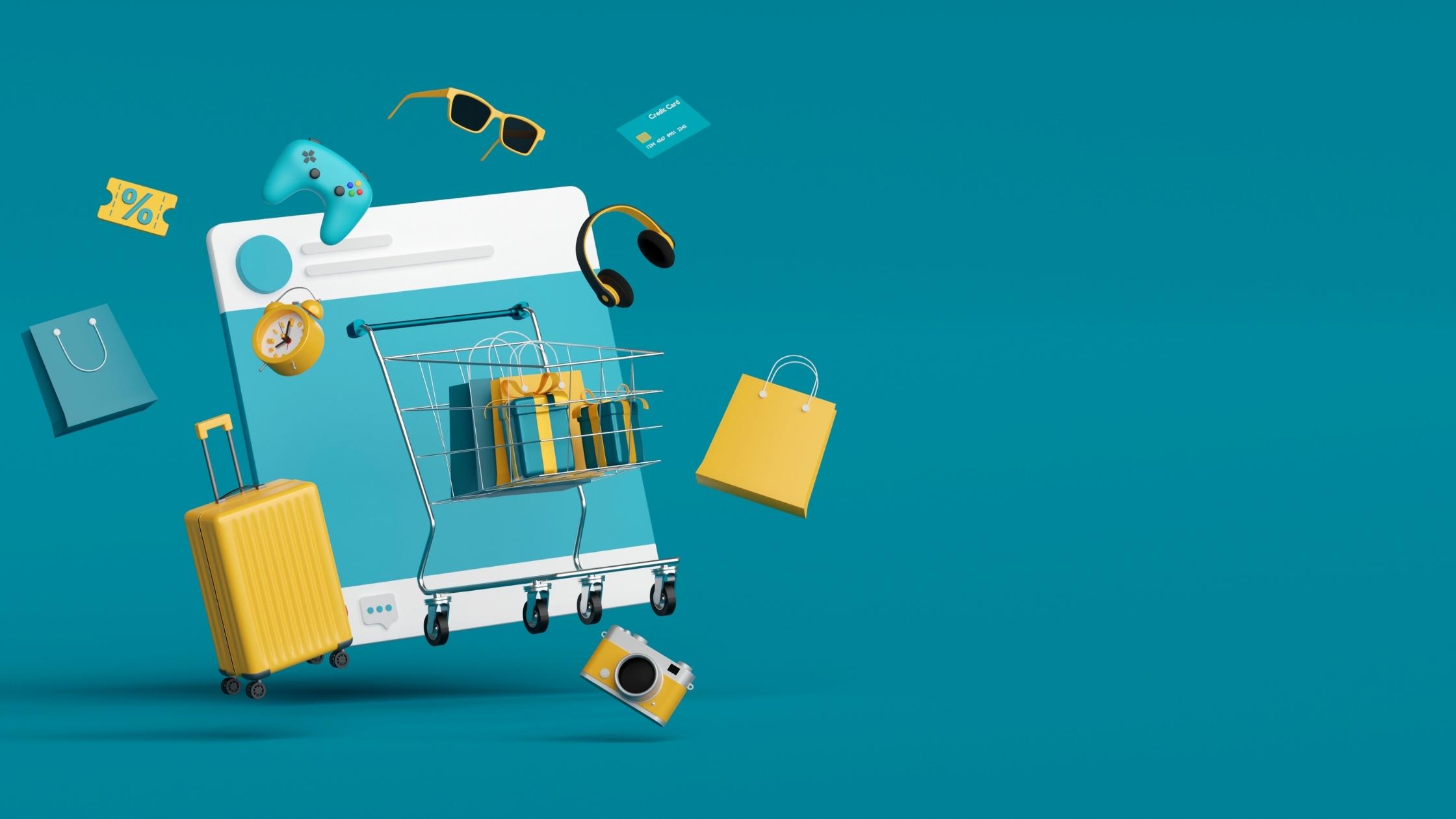In the digital age, shoppers crave an individualised experience. As brands compete for consumer attention, harnessing the power of marketing automation to deliver tailored content becomes indispensable. This article dives deep into the nuances of marketing automation and its transformative role in creating a unique shopping journey, bolstered by recommender systems and intelligent campaign & customer insights.
What is Marketing Automation?
At its core, marketing automation refers to software platforms and technologies that automate repetitive marketing tasks. Features often include email marketing, campaign management, and predictive modelling.
However, unlike traditional methods that employ a one-size-fits-all approach, marketing automation focuses on smart campaigns, leveraging data-driven insights to target specific audiences and meet consumers at various touchpoints in their buying journey.
The Importance of Personalisation in Today’s Market
Modern consumers demand more than just standard advertisements; they seek content that resonates with their specific interests and preferences. Brands that have recognised and implemented personalisation strategies are reaping the benefits, with evidence showing significant improvements in conversion rates and enhanced customer loyalty. For instance, studies indicate that email campaigns tailored to individual preferences can lead to an increase in open rates by over 50%.
How Marketing Automation Drives Personalisation
Segmenting your audience into specific groups, using criteria such as demographics and buying history, paves the way for more focused marketing campaigns. Incorporating machine learning recommendation systems allows brands to deliver content specifically tailored to individual tastes and actions. By keeping an eye on online user behaviour, organisations can initiate targeted campaigns or messages, ensuring maximum relevance to the user. Furthermore, using predictive analytics in the realm of eCommerce enables brands to forecast future purchasing patterns based on historical data, leading to a more fine-tuned marketing approach.
Benefits Of Marketing Automation For Personalised Campaigns
Increased Engagement
Using recommender systems to personalise content can result in markedly better open and click-through rates. Personalisation ensures content relevance in an information-saturated digital landscape.
Higher Conversion Rates
Tailored campaigns that align with user interests lead to increased sales. It’s about presenting the right product to the right individual at the opportune moment.
Improved Customer Loyalty
When brands offer personalised experiences and intelligent customer insights, it leads to stronger brand loyalty and repeat business as customers feel understood. A satisfied customer often promotes the brand within their circles.
Efficiency and Cost Savings
Personalisation technologies enable brands to automate tasks like content recommendation, optimising both time and resources. This approach not only streamlines operations but also boosts ROI by focusing efforts more effectively.
Potential Challenges and How to Overcome Them
Data Privacy Concerns
With the rise of regulations like GDPR and CCPA, it’s essential for businesses to get clear consent before using user data. Respecting privacy isn’t just about legal compliance; it’s foundational for building brand trust.
Avoiding the “Creepiness” Factor
Brands need to balance personalisation with privacy. Overstepping can feel intrusive, potentially diminishing trust. Transparency about data practices is key to maintaining user comfort.
Ensuring Relevancy
Beyond algorithm-driven content, personalisation should add real value. Brands should combine intelligent campaigns & customer insights to ensure the content remains relevant and meaningful to the user.
Best Practices For Implementing Marketing Automation For Personalisation
Clean And Up-to-date Data
Effective personalisation hinges on current and accurate data. It’s vital to consistently cleanse and update data repositories to ensure campaigns are relevant and targeted.
Testing And Optimisation
Given the ever-changing nature of digital marketing, A/B testing is essential. By comparing campaign variants, businesses can discern what most engages their audience and refine their strategies accordingly.
Continuous Learning
With the rapid evolution of marketing technologies, embracing the latest in automation and predictive modelling is a must. Committing to ongoing learning allows brands to stay ahead, leveraging the newest innovations to maintain a competitive edge.
Future Of Marketing Automation And Personalisation
The horizon of personalisation is promising. Integration with AI and enhanced predictive analytics will further refine the customer journey. Brands that leverage machine learning recommendation systems are poised to deliver even more intuitive shopping experiences, amplifying the role of intelligent campaigns & customer insights.
Marketing automation, underpinned by advanced technologies like recommender systems and predictive analysis in eCommerce, is revolutionising the shopping experience. By seamlessly merging data-driven insights with strategic personalisation, brands can foster meaningful connections, driving engagement and fostering loyalty in the competitive digital marketplace.


